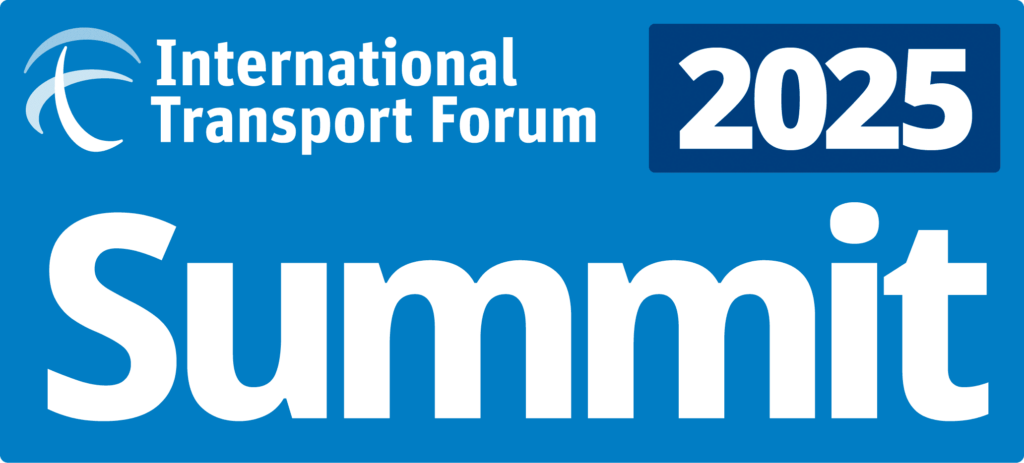Effective Qualifications-Based and Gender-Responsive Procurement as a Tool to Enhance the Resilience of Transport Systems
Event Details
Organisers: International Road Federation (IRF), Union for the Mediterranean (UfM), International Federation of Consulting Engineers (FIDIC) Many transport systems in low- and middle-income countries (LMICs) and emerging economies are still under
Event Details
Organisers: International Road Federation (IRF), Union for the Mediterranean (UfM), International Federation of Consulting Engineers (FIDIC)
Many transport systems in low- and middle-income countries (LMICs) and emerging economies are still under development, making this decade critical to avoid inefficient investments and future costly retrofitting. Natural hazards inflict an estimated USD 15 billion in direct damage to transport systems annually, with LMICs bearing around USD 8 billion – the highest costs relative to GDP. While the transport sector receives around 29% of climate finance, it faces the largest investment gap of any sector. Given these constraints, how can available resources be used effectively to deliver resilient transport networks that are fit for purpose and robust against multiple challenges? Effective procurement in the transport sector not only drives cost-efficiency but also strengthens the resilience of road networks and transport systems, particularly by ensuring that high-quality innovative materials, expert contractors, sustainable practices and risk management are integrated into infrastructure projects. Resilience means building roads and transport systems capable of withstanding a range of challenges, from extreme weather events to the pressures of increasing urbanisation and increase in transport demand. One effective procurement method is the Qualifications-Based Selection (QBS), which emphasises selecting contractors based on their qualifications, experience, and technical expertise rather than solely on cost. This approach ensures that projects are led by firms capable of delivering high-quality, resilient infrastructure. QBS is particularly valuable when designing and building roads for extreme conditions, as it ensures the contractor’s ability to integrate innovative construction techniques sustainable materials and much more. Procurement can deliver on other types of resilience too. The World Bank became the first multilateral development bank to disqualify contractors for failing to comply with Gender-Based Violence (GBV)-related obligations, adding a new layer of scrutiny to procurement processes. This highlights the increasing importance of social responsibility alongside technical expertise to deliver long-term project success and resilience.
MODERATOR
- Mike Evans, Director, Global Roads and Streets Leader, Europe Transport Leader, ARUP
SPEAKERS
- Gonzalo Alcaraz, Acting Director General, International Road Federation
- Francesc Carbonell, Head of Sector for Transport, Union for the Mediterranean
- Reinaldo Fioravanti, Group Head of Transportation, Inter-American Development Bank
- Dhouha Najjar, Acting Deputy Secretary General for Transport and Urban Development, Union for the Mediterranean
- Nicolas Peltier-Thiberge, Global Director for Transport, World Bank
- Susanna Zammataro, CEO, International Federation of Consulting Engineers
more
Time
May 21, 2025 3:30 pm - 4:30 pm(GMT+02:00)
Location
CCL - Hall 5



